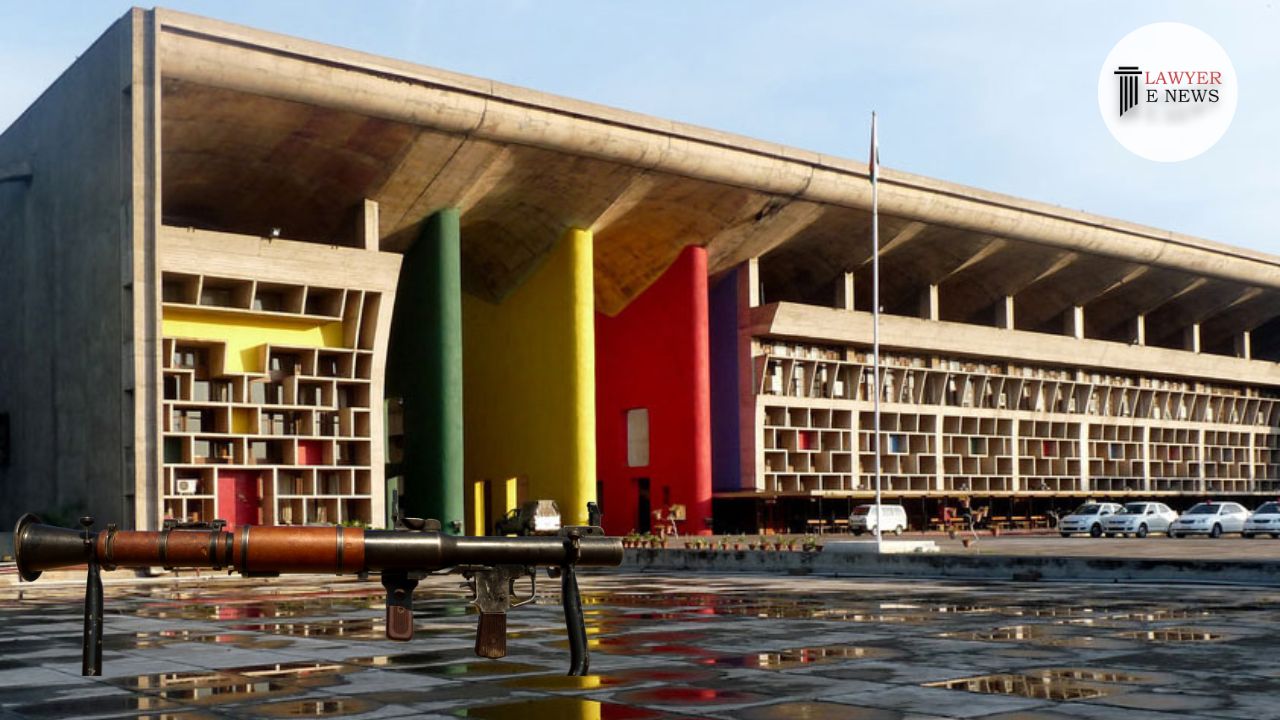-
by Admin
15 February 2026 5:35 AM



The High Court of Punjab and Haryana today cleared school teacher Naresh Kapoor of charges under Section 305 of the IPC, relating to the abetment of suicide of a minor student. Justice Jasjit Singh Bedi emphasized that "mere allegations of harassment without concrete evidence of instigation do not meet the legal standards for abetment," effectively dismissing the case against Kapoor.
Initially charged under Section 306 IPC for abetment of suicide, the charges were modified to Section 305 due to the victim's minor status. Kapoor contested these allegations through a revision petition against the initial court order and subsequent charge-sheet issued on August 16, 2019.
The case stemmed from the suicide of Tanvi Mehta, who left a note attributing her despair to Kapoor's alleged harassment. Kapoor’s defense argued the absence of his direct involvement or any specific actions that could be construed legally as abetment, as defined under Section 107 IPC.
Interaction and Alleged Harassment: The court found no direct evidence linking Kapoor to any specific act of harassment that could have instigated the suicide, undermining the basis for the abetment charge.
Role of School and Teacher's Conduct: Investigations and a report by a three-member committee formed under the Protection of Child Rights Act, 2001, contradicted the allegations, portraying Kapoor as a strict but fair teacher whose disciplinary measures were within acceptable bounds.
Judicial Precedents and Interpretation: The judgment referred to various high-profile precedents which delineate the boundaries of what constitutes abetment of suicide, highlighting the necessity for clear, actionable evidence of instigation.
Justice Bedi's ruling to quash the charges reinforced the judiciary's stance that allegations alone cannot suffice for charges of abetment unless supported by unequivocal evidence of instigation or direct involvement in the act of suicide.
Date of Decision: April 25, 2024
Naresh Kapoor vs. State of Punjab and another
